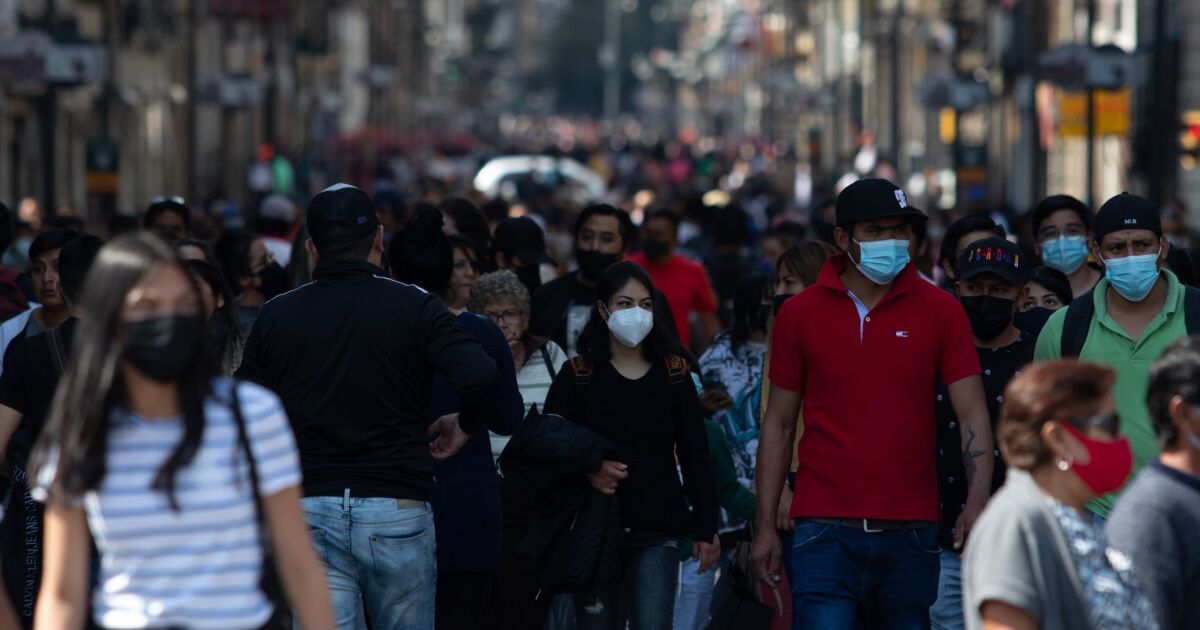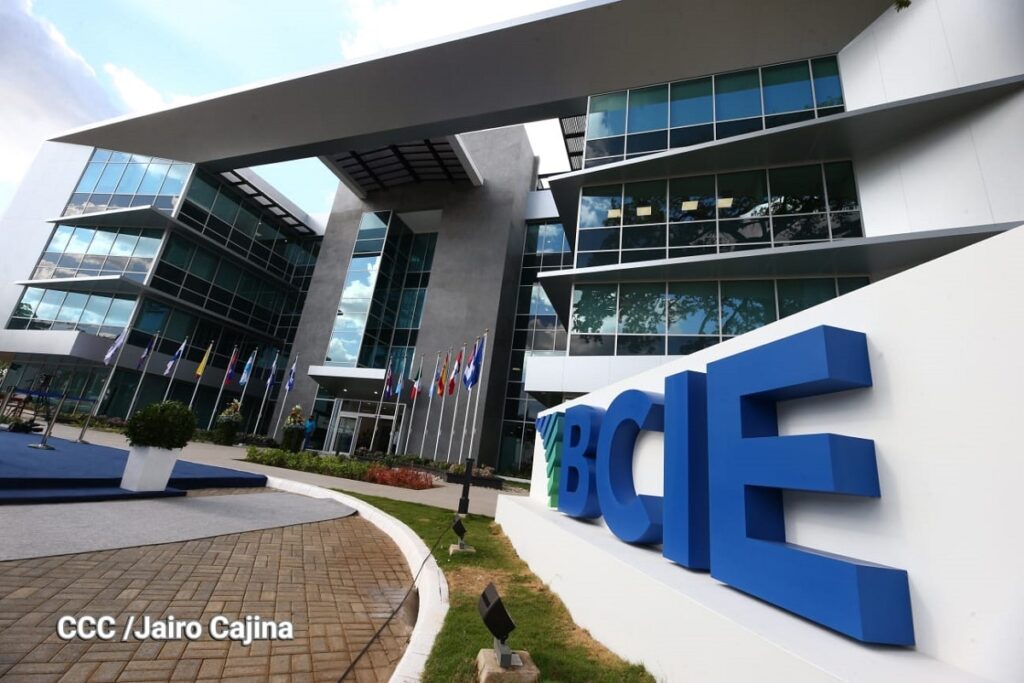As for the general population, the Ministry of Health recommended:
- Frequent handwashing with soap and water or gel alcohol solution, especially before and after preparing food and after going to the bathroom or when changing diapers;
- Cover your mouth and nose when sneezing or coughing, preferably using a tissue and throwing it away;
- Avoid sharing food, drinks, cutlery and plates;
- Frequently clean and disinfect toys and objects that girls and boys can put in their mouths, as well as surfaces for common use.
- It is also necessary to consume plain drinking water; guarantee the hygienic handling of food; complete the basic vaccination schedule according to age; and proper management of excreta.
Although the Ssa did not recommend restrictions on travel or trade from countries where cases have been identified.
This week, the World Health Organization (WHO) reported that it has been notified of at least 228 cases of acute childhood hepatitis of unknown origin, and there are already twenty affected countries, almost double the number reported 10 days ago.
The spokesman, Tarik Jasarevic, indicated in a press conference from Geneva that another 50 suspected cases are being investigated, noting that at least four regions are affected (most of the cases were reported in Europe but there have also been notifications in America, Asia-Pacific and South Asia).
The first ten cases of this acute hepatitis were reported by the United Kingdom to the WHO on April 5, in children under ten years of age without previous ailments, and since then they have also been detected in countries such as Spain, Israel, Denmark, Italy, United States, Indonesia and Belgium, among others.

















